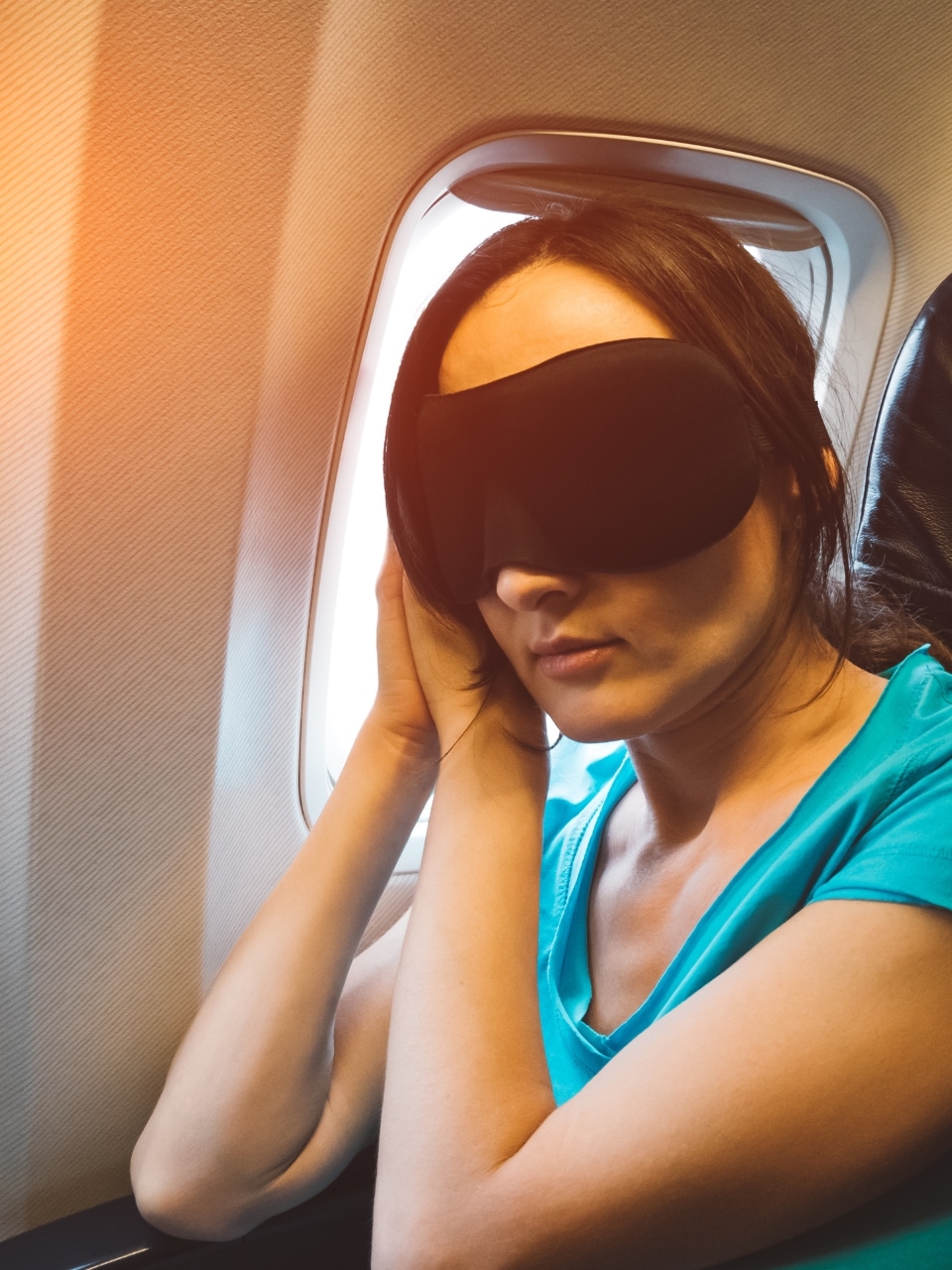ARTICLE AD BOX
Jet lag, a common challenge for frequent travellers, can range in severity from mild fatigue to prolonged discomfort. While the phenomenon affects everyone who travels across time zones, its intensity varies significantly among individuals.
Dr Bikky Chaurasia, Consultant in Internal Medicine at Kokilaben Dhirubhai Ambani Hospital, Mumbai, explains why some people are more affected than others.
Why does jet lag vary between individuals?
Some people experience more severe jet lag due to a combination of factors, said Dr Chaurasia:
1. Age
Older individuals often face more pronounced jet lag symptoms. This is partly because ageing can reduce the body’s ability to adapt quickly to changes in the circadian rhythm.
2. Pre-existing Sleep Disorders
Conditions like insomnia, sleep apnea, or restless leg syndrome can exacerbate jet lag by making it harder to adjust to a new sleep schedule.
3. Travel Direction
The direction of travel plays a significant role. Flying eastward (e.g., New York to London) requires shortening the body’s natural circadian rhythm, which is more challenging than lengthening, as in westward travel (e.g., New York to Los Angeles).
 Dr Bikky Chaurasia, Consultant in Internal Medicine at Kokilaben Dhirubhai Ambani Hospital, Mumbai, explains why some people are more affected than others. (Source: Freepik)
Dr Bikky Chaurasia, Consultant in Internal Medicine at Kokilaben Dhirubhai Ambani Hospital, Mumbai, explains why some people are more affected than others. (Source: Freepik)
4. Travel Frequency and Duration
Frequent flyers or those undertaking long-haul flights may experience cumulative disruptions to their circadian rhythm, leading to more severe and prolonged jet lag symptoms.
Story continues below this ad
5. Diet and Hydration
During travel, poor hydration and unhealthy eating habits can intensify symptoms such as fatigue and digestive discomfort, worsening the overall experience of jet lag.
6. Travel Timing
Flights that disrupt your usual sleep schedule, such as red-eye flights, can make it harder for the body to adjust, prolonging recovery.
Dr Chaurasia said that on average, it takes about one day per time zone crossed for the body to fully adjust. However, individual recovery can vary depending on overall health, age, and travel habits.
Tips to manage jet lag
- Prepare in Advance: A few days before travelling, gradually shift your sleep schedule to match your destination time zone.
- Use Light Exposure: Maximise sunlight exposure upon arrival to help reset your internal clock.
- Stay Hydrated: Drink plenty of water during your flight and avoid excessive caffeine or alcohol.
- Melatonin Supplements: Consider melatonin supplements under medical advice to aid in adjusting your sleep-wake cycle.



.png)
.png)
.png)

























 English (US) ·
English (US) ·